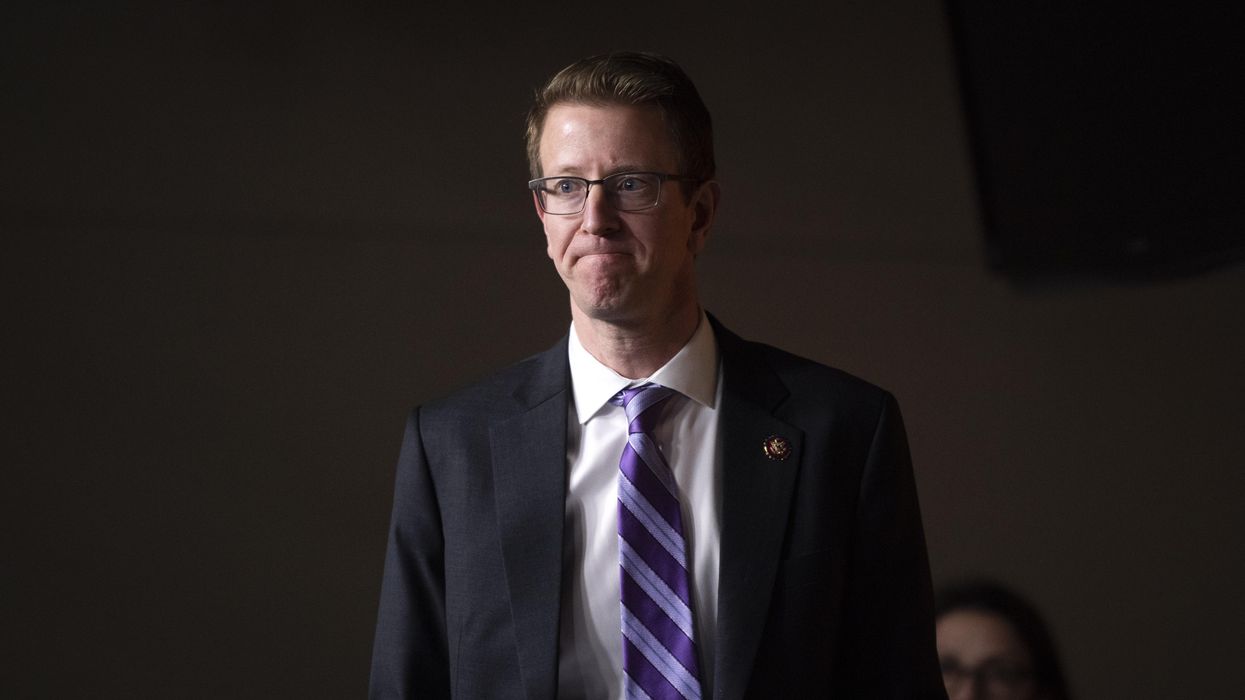The committee charged with making Congress a more functional workplace this week released new ideas on how to retain staff and bolster accessibility.
On Thursday, the Select Committee on the Modernization of Congress announced its first set of recommendations of the 117th Congress, aimed at improving staff recruitment, diversity, retention, compensation and benefits; professionalizing Capitol Hill internships and fellowships; and improving accessibility around the Capitol.
Established in 2019, the bipartisan modernization committee is tasked with investigating and identifying ways to improve the efficiency and effectiveness of Congress. The panel was originally set to expire in February 2020, but its work was initially extended through the end of the 116th Congress. The House overwhelmingly approved 29 proposals from the panel — focused on improving the experience of new members, encouraging bipartisan socializing, and improving staff retention and diversity — in March 2020.
Over the course of 2020, the committee made 97 recommendations.
Then, at the start of this year, the House voted to allow the committee to continue its work through 2022.
The committee's latest proposals focus largely on improving the workplace for congressional staffers because they are "the first people our constituents encounter when they reach out to the federal government for help," said Democratic Rep. Derek Kilmer of Washington, who serves as chairman of the evenly divided, 12-person committee.
"Members can't do their jobs without the support of staff and that's exactly why Congress needs to do more to support them," Kilmer said.
Some of the recommendations the committee made to bolster staff recruitment, diversity and retention are:
- Offer personalized job training that includes management skills, cultural competency and how to promote an inclusive work environment.
- Create a mentorship match program.
- Expand the Student Loan Repayment Program to include tuition assistance.
- Collect anonymous demographic data to improve diversity and inclusion.
- Update and align staff benefits to increase retention.
To professionalize internships and fellowships, the committee recommends:
- Assessing cost of living to inform intern stipend programs.
- Establishing an intern and fellowship program office or coordinator to help with onboarding, professional development and training.
- Studying the feasibility of remote internships.
- Providing stipends to interns who work for committees. (Interns in lawmakers' personal offices already receive payment.)
And to improve accessibility around the Capitol, the committee recommends:
- Designating a drop-off and pick-up zone near an ADA-accessible entrance for members of the public.
- Providing access to information about the security screening techniques disabled people will encounter when visiting the Capitol.
- Installing additional automatic doors and replacing any door hardware that's difficult to grasp with one hand
- Preparing training and tools for members and committees to help them update their websites to be more accessible.
The Congressional Management Foundation called this slate of recommendations "the most sweeping and comprehensive steps the House could take" to maintain a high-quality workforce and modernize Capitol Hill.
"We applaud these new recommendations, which will make the House of Representatives a stronger institution by improving staff retention, diversity, and pay," said Meredith McGehee, executive director of Issue One. "We urge Republicans and Democrats to work together to implement these proposals, because Americans deserve a responsive legislative branch that is able to meet the challenges of our modern democracy."




















Trump & Hegseth gave Mark Kelly a huge 2028 gift